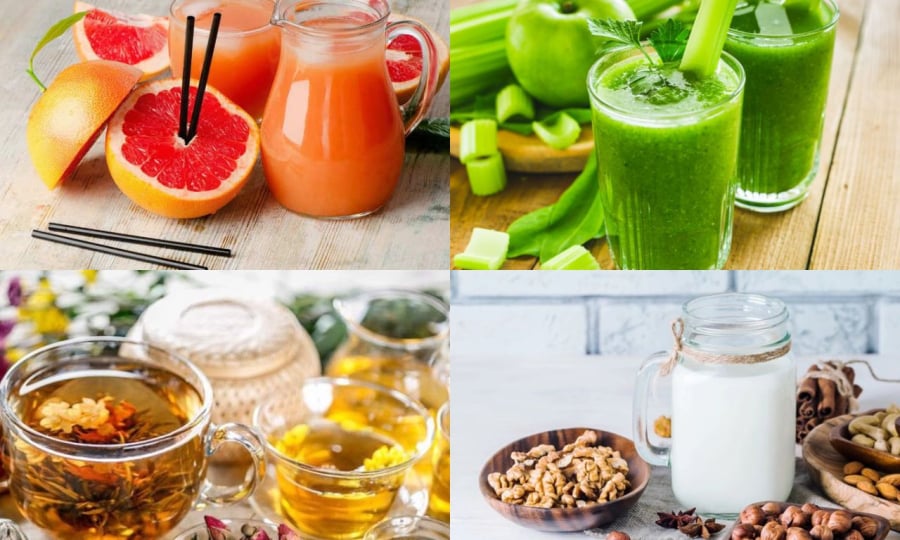The liver is a vital organ, playing a crucial role in energy metabolism, detoxification, and maintaining biological balance. However, many people unknowingly damage their livers daily through seemingly healthy beverage choices.
1. Bottled Fruit Juice – Sweet but Sneakily Harmful
Bottled juices, often labeled as “immune-boosting” or “vitamin-rich,” contain high levels of fructose. Regular consumption leads to fructose accumulation, resulting in non-alcoholic fatty liver disease, a potential precursor to beverage-induced hepatitis.
Dr. Loomba warns, “Bottled fruit juices, devoid of fiber and loaded with sugar, can stealthily damage the liver, even when consumed in what is perceived as a healthy manner.”
2. Energy Drinks – Short-Term Boost, Long-Term Burden
Energy drinks provide temporary alertness through high caffeine and vitamin B content, but they also come packed with refined sugar and stimulants. Regular consumption overworks the liver and can lead to beverage-induced hepatitis, and even acute liver failure in some cases.
Medical reports, including those from the American Journal of Case Reports, have documented cases of acute hepatitis attributed to prolonged energy drink abuse, serving as a grave warning about the dangers of this beverage choice.
3. DIY Detox Smoothies – Good Intentions Gone Wrong
The trend of “detoxing” the liver with smoothies or vegetable juices is gaining popularity. However, there is little scientific evidence to support the claim that these detox formulas effectively cleanse the liver.

DIY detox waters, especially those with oxalate-rich vegetables, can be harmful to the liver.
Moreover, excessive use of oxalate-rich vegetables like beets and spinach, coupled with sweet fruits, can increase metabolic pressure on the liver and kidneys, causing unintended consequences.
Priya Tew, a dietetic expert from the British Dietetic Association, states, “The liver is inherently a detoxification powerhouse. Unscientific overuse of DIY smoothies does more harm than good, potentially leading to long-term liver damage.”
4. Unregulated Herbal Teas – Unknown Origins, Potential Risks
While many believe that weight loss and cleansing herbal teas support liver health, some contain senna, cascara, or extracts from wild plants, which can be toxic to the liver when consumed over extended periods.
Dr. Victor Navarro of Einstein Healthcare Network, USA, cautions, “Just because it’s herbal doesn’t mean it’s safe. Hepatitis from unregulated herbal beverages is an increasing concern, especially for those who self-medicate without expert advice.”
5. Plant-Based Milk Alternatives – Healthy Trend, Hidden Dangers
Plant-based milk alternatives are a modern dietary trend, but not all are liver-friendly. Bottled varieties often contain preservatives, added sugars, or carrageenan, a thickening agent linked to hepatitis and metabolic disorders with prolonged consumption.
Indulging in these seemingly harmless vegetable-based drinks without checking the ingredients can silently harm the liver, especially with daily use.
The liver possesses a remarkable ability to regenerate, but only when we stop exposing it to harmful substances. To safeguard long-term health, opt for beverages with clear origins, low in sugar and free from preservatives. Additionally, follow scientific guidelines for consumption, and be wary of “natural” drinks that might stealthily damage your liver or lead to uncontrolled beverage-induced hepatitis.
































